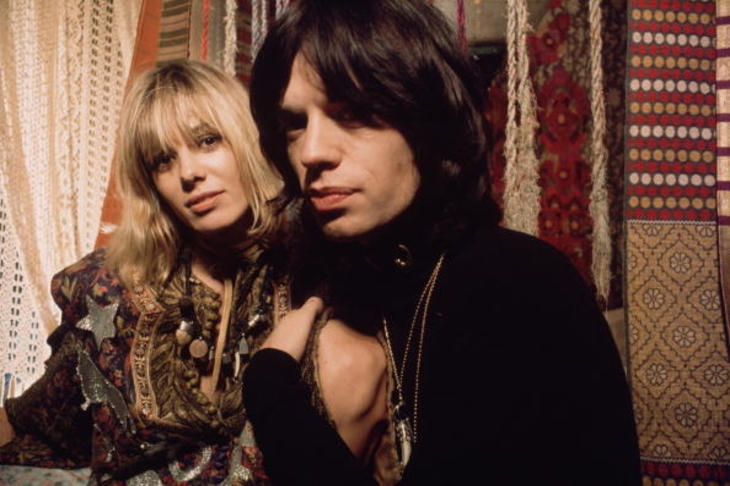The director Nicolas Roeg, who died on Friday aged 90, was a master of daring, dreamlike cinema — so daring and dreamlike, in fact, that the studios often didn’t know what to do with his films. Walkabout (1971) lost money on its release, but slowly became a cult classic. Bad Timing (1980) so alarmed the Rank Organization that they billed the film as ‘a sick film made by sick people for sick people’. But as Roeg showed with 1973’s Don’t Look Now or 1985’s Insignificance, he was more than a purveyor of shocks and chills, or split-screen, time-jumping Sixties’ tricks.
Roeg had risen through the ranks of the British film industry, from one indispensable role to another: teaboy to director. From his first film, Performance, his films were alive with intelligence and emotion. Perhaps this is why, among other things, Roeg will be remembered for two of the most remarkable sex scenes in the history of cinema. One, in Don’t Look Now, is the sorrowful and intimate conjugation of bereaved parents Donald Sutherland and Julie Christie in a hotel room in Venice; a scene that Roeg added to Daphne du Maurier’s original story. The other is the narcotized celebrity troilism of Mick Jagger, Anita Pallenberg and Michele Breton in Performance, filmed in 1968, but delayed by a disapproving studio until 1970.
‘You’re a comical looking geezer. You’ll look funny when you’re 50,’ Chas the gangster says to Turner the rock star in Performance. ‘A heavy, evil film,’ the reviewer from It magazine wrote when Warner Brothers finally released the film. ‘Don’t see it on acid.’
Fifty years on, I’m casting the pod on this week’s Green Room with cinema historian Jay Glennie, author of a definitive account of the legendary and still alarming making of Performance. Jay interviewed Nicolas Roeg for his book. Although Roeg’s co-director, and scriptwriter Donald Cammell died in 1996, many other Performance protagonists are, perhaps surprisingly, still alive: Mick Jagger, who played Turner; James Fox, who played Chas; producer Sandy Lieberson; many crew members; and several cast members whose criminal records are longer than their Imdb listing. Glennie has interviewed them all, and confirms that every rumor and legend you’ve heard about Performance is probably true.
Performance is an uncomfortable mixture of druggy fantasy and thuggish realism. Johnny Shannon, who had been cornerman for the English boxer Henry Cooper in his heavyweight bout with Muhammad Ali, played Harry Flowers, a gay gangster based on Ronnie Kray, one half of the Kray Twins, who dominated London’s underworld in the Sixties. John Bindon, who played Chas’s sidekick, was a professional crook who had slipped into acting by accident, and stayed in the game because it would keep him out of prison. Billy Murray, another sidekick in the film, had been put through film school by Ronnie Kray. David Litvinoff, another Kray associate, was recruited as ‘Director of Authenticity’, and ensured that the dialogue, clothes and even ashtrays matched contemporary underworld taste.
Encouraged by the manipulative Cammell, the lead actors got too far into their roles. To play Chas, a gangster on the run, James Fox learnt to box — ‘Obviously, he was an actor, so you couldn’t bash him up,’ Johnny Shannon recalls — and is alleged to have accompanied some of ’the chaps’ on a job or two. Mick Jagger and Anita Pallenberg were already deep in character as decadent druggies, too. As Jay Glennie relates, when the film was eventually screened in 1970, Jagger didn’t turn up at the premiere. But Keith Richards did, and watched footage of Pallenberg and Jagger performing a sex scene with evident commitment to what Pallenberg later described as ‘method acting’. Perhaps this explains why Keith Richards has called Cammell a ‘destructive little turd’, and said that Performance was ‘the best work he ever did, except for shooting himself’.















